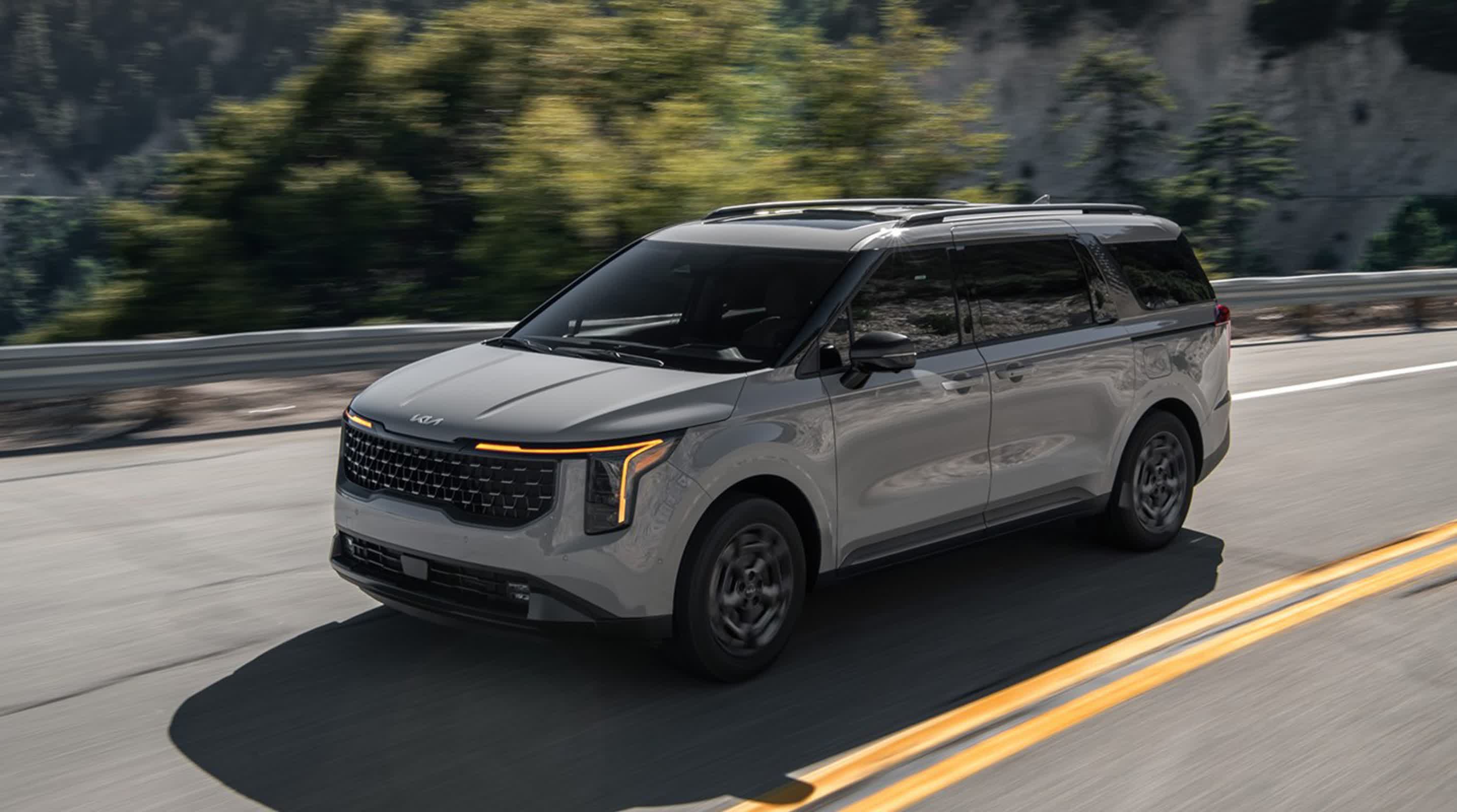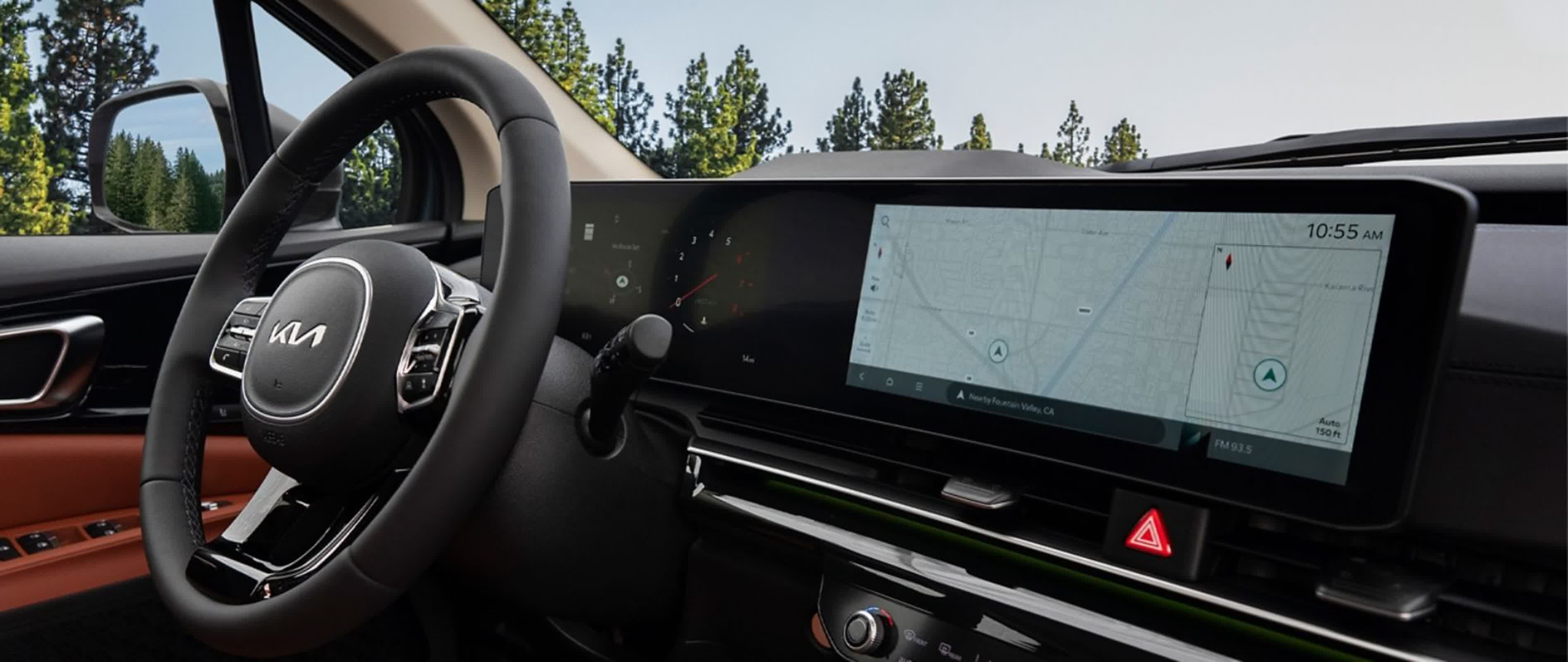A hot potato: As it turns out, those flashy and much-ballyhooed advanced tech features in new automobiles – the passenger screens, the advanced driver assistance systems, the gesture controls – that are so beloved by manufacturers hold far less significance to actual drivers. In fact, many consumers find these technologies cumbersome and unnecessary. This expectation gap between companies and their customers suggests that automakers may need to refocus their innovation strategies and place more emphasis on usability and practicality.

In a rapidly evolving automotive landscape, the integration of advanced technologies in vehicles is intended to enhance the driving experience. However, the latest findings from the J.D. Power 2024 US Tech Experience Index (TXI) study reveal a growing disconnect between consumer expectations and the technological features offered by automakers. The study suggests that many vehicle owners are becoming overwhelmed by an influx of tech features that fail to address real problems, are cumbersome to use, or provide limited functionality.
The study highlights a clear preference among vehicle owners for technologies that are straightforward and solve specific issues. While certain AI-based features, such as smart climate control, have been well-received, other technologies like facial recognition, fingerprint readers, and interior gesture controls are falling out of favor. These features, often introduced as cutting-edge innovations, are perceived by many as solutions in search of a problem. For instance, interior gesture controls are reported to have a high incidence of issues, with 43.4 problems per 100 vehicles, and 21% of owners expressing dissatisfaction with their functionality.

"A strong advanced tech strategy is crucial for all vehicle manufacturers, and many innovative technologies are answering customer needs," said Kathleen Rizk, senior director of user experience benchmarking and technology at J.D. Power. "However, this year's study makes it clear that owners find some technologies of little use and/or are continually annoying."
Another example is advanced driver assistance systems – despite their proliferation, many drivers remain indifferent to their value. While features addressing specific concerns, like visual blind spots, are appreciated, others, such as active driving assistance, are less favorably received. The hands-on-the-wheel version of this technology scores a low 7.61 on a 10-point usefulness scale, with the hands-free version not significantly improving user experience.
Another area of consumer disinterest is passenger screens. Despite automakers' efforts to include these in more vehicles, owners often deem them unnecessary. Usability issues are frequently cited, and with only 10% of vehicles carrying front-seat passengers daily, the added complexity of a second screen is seen as an unnecessary burden.
Perhaps not surprisingly given these findings, Tesla, a brand historically celebrated for its technological innovations, is experiencing a shift in consumer satisfaction. As Tesla's customer base expands beyond tech enthusiasts, satisfaction with certain features, such as direct driver monitoring, decreases, as reflected in a score of 7.65.
Ironically, even as the TXI Study reveals that consumers are less enamored with vehicle technologies than manufacturers might hope, it still highlights brands that are excelling in innovation.
Toyota Sequoia receives the convenience award for its camera rear-view mirror technology. Genesis GV70 and Kia Carnival are recognized for their front cross traffic warning systems in the emerging automation category. In the energy and sustainability segment, BMW iX is awarded for its one-pedal driving feature. BMW X6 and Hyundai Santa Fe are acknowledged for their phone-based digital key technology in the infotainment and connectivity category.

Consumer skepticism grows as automakers push for more "car tech"